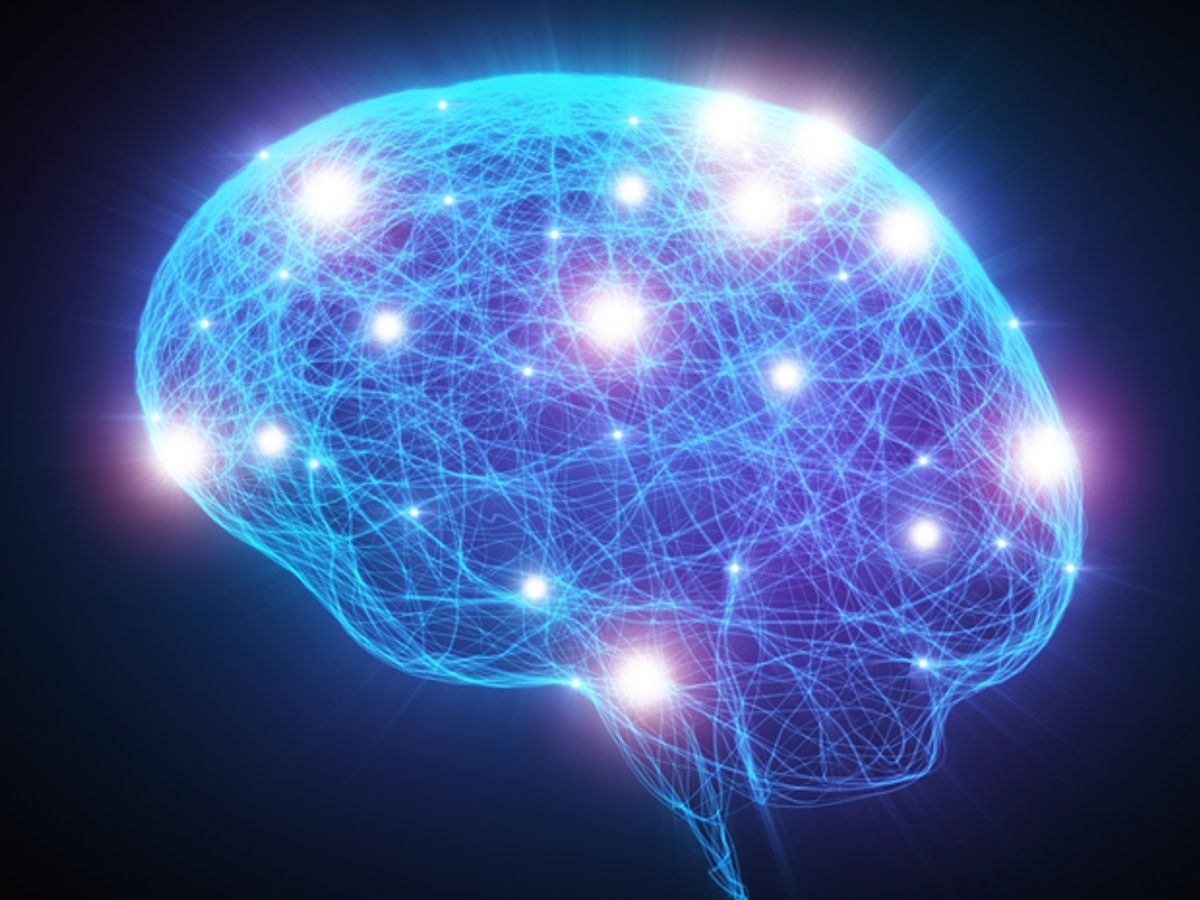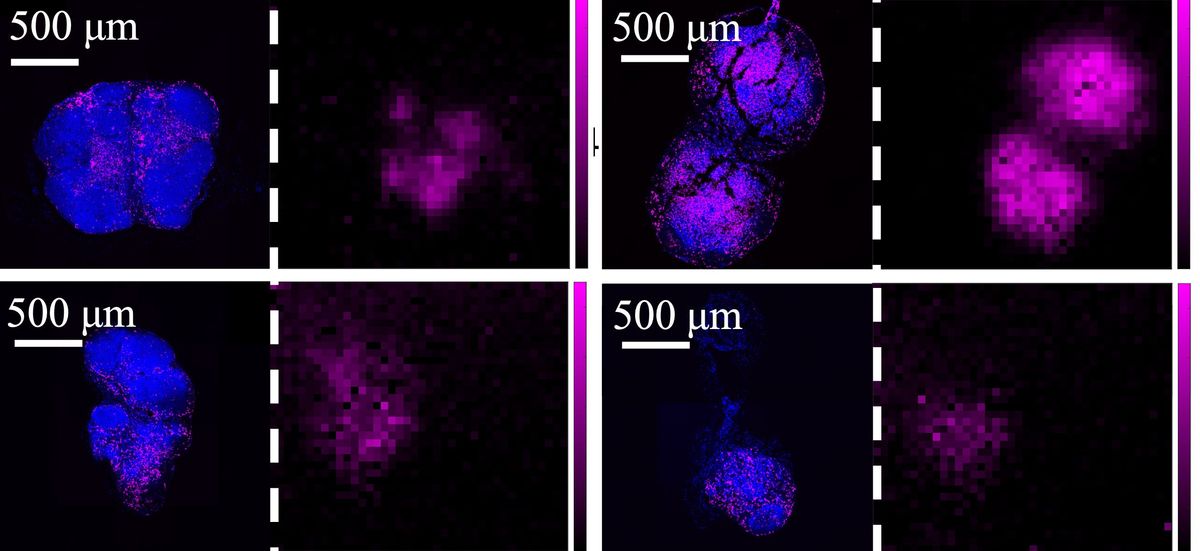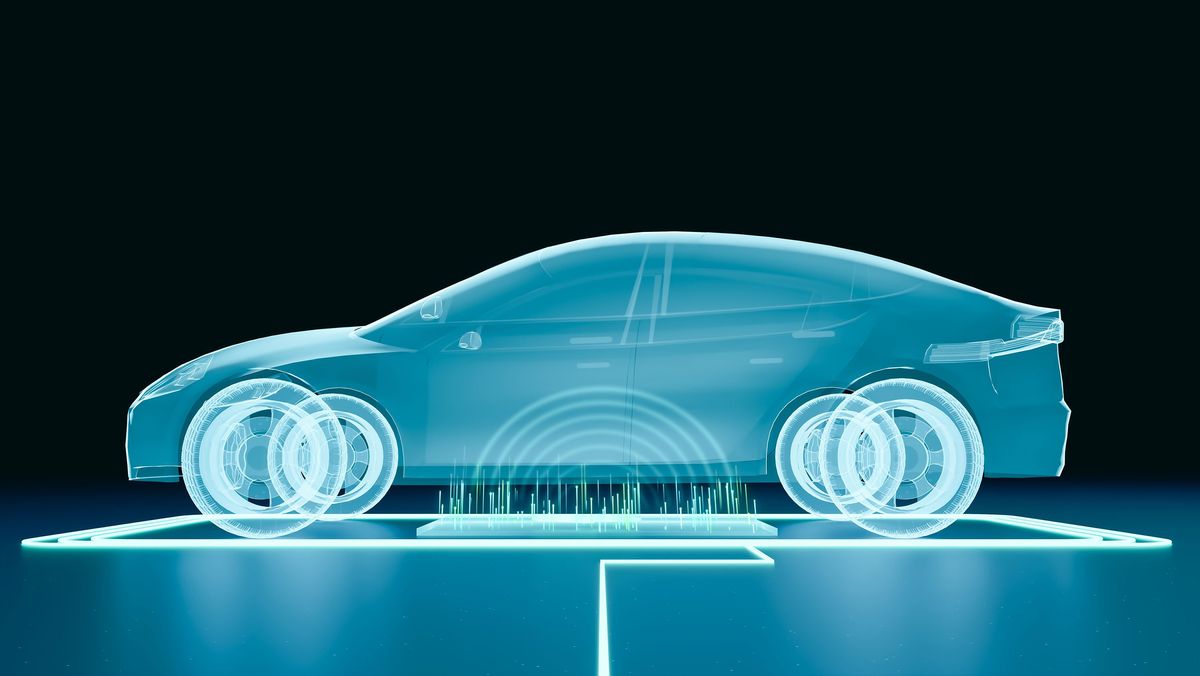Last month we saw researchers in the US push the envelope of non-volatile memory devices based on resistance switching to the point where they are now capable of mimicking the neurons in the human brain.
Now researchers at the Royal Melbourne Institute of Technology (RMIT) in Australia have built on their previous work developing ultra-fast nano-scale memories. They used a functional oxide ultra-thin film to create one of the world’s first electronic multi-state memory cells. The researchers claim that the memristive devices they have developed mimic the brain’s ability to simultaneously process and store multiple strands of information.
The research, which was published in the journal Advanced Functional Materials, involved chemically manipulating amorphous strontium titanate memristors by adding faults to the material that both tuned and improved their switching characteristics.
“This new discovery is significant as it allows the multi-state cell to store and process information in the very same way that the brain does,” said Dr Hussein Nili, lead author of the study, in a press release. “Think of an old camera which could only take pictures in black and white. The same analogy applies here, rather than just black and white memories we now have memories in full color with shade, light and texture, it is a major step.”
It does indeed sound like a major step when Nili goes on to describe the capability of the newly tuned memristors.
“We have now introduced controlled faults or defects in the oxide material along with the addition of metallic atoms, which unleashes the full potential of the ‘memristive’ effect – where the memory element's behavior is dependent on its past experiences,” Dr Nili added in the release.
This is beyond the kind of digital memory that we are accustomed to in which 0s and 1s are stored, but instead offers something akin to how the brain retains and recalls information.
The researchers believe that these nanoscale memory devices promise a future of artificial intelligence network that could enable a so-called bionic brain.
Nili suggests that one of the potential applications for these nano-memory devices could be in replicating the human brain outside of the human body.
Nili added: “If you could replicate a brain outside the body, it would minimize ethical issues involved in treating and experimenting on the brain which can lead to better understanding of neurological conditions.”
Dexter Johnson is a contributing editor at IEEE Spectrum, with a focus on nanotechnology.



